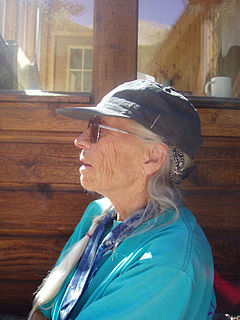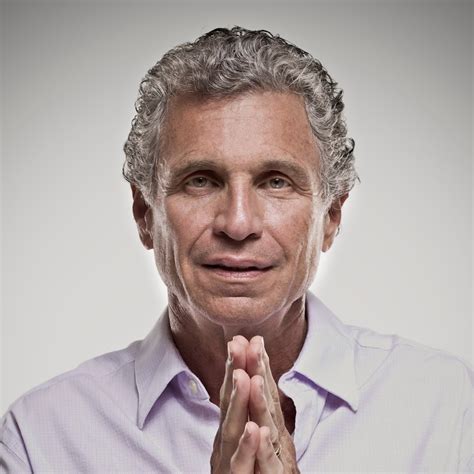A Quote by C. S. Lewis
Only He who really lived a human life (and I presume that only one did) can fully taste the horror of death.
Related Quotes
Horror grows impatient, rhetorically, with the Stoic fatalism of Ecclesiastes. That we are all going to die, that death mocks and cancels every one of our acts and attainments and every moment of our life histories, this knowledge is to storytelling what rust is to oxidation; the writer of horror holds with those who favor fire. The horror writer is not content to report on death as the universal system of human weather; he or she chases tornadoes. Horror is Stoicism with a taste for spectacle.
Powder snow skiing is not fun. It is life, fully lived, life lived in a blaze of reality. What we experience in powder is the original human self, which lies deeply inside each of us, still undamaged in spite of what our present culture tries to do to us. Once experienced, this kind of living is recognized as the only way to live — fully aware of the earth and the sky and the gods and you, the mortal, playing among them.
Comedy and tragedy are so mixed up in life, Gilbert. The only thing that haunts me is that tale of the two who lived together fifty years and hated each other all that time. I can't believe they really did. Somebody has said that 'hate is only love that has missed its way.' I feel sure that under the hatred they really loved each other . . . just as I really loved you all those years I thought I hated you . . . and I think death would show it to them. I'm glad I found out in life.
From this outer edge of his life, looking back, there was only one remorse, and that was only that he wished to go on living. Did all dying people feel this way, as if they had never lived? Did life seem that short, indeed, over and done before you took a breath? Did it seem this abrupt and impossible to everyone, or only to himself, here, now, with a few hours left to him for thought and deliberation?
Judges of elegance and taste consider themselves as benefactors to the human race, whilst they are really only the interrupters of their pleasure ... There is no taste which deserves the epithet good, unless it be the taste for such employments which, to the pleasure actually produced by them, conjoin some contingent or future utility: there is no taste which deserves to be characterized as bad, unless it be a taste for some occupation which has mischievous tendency.




































